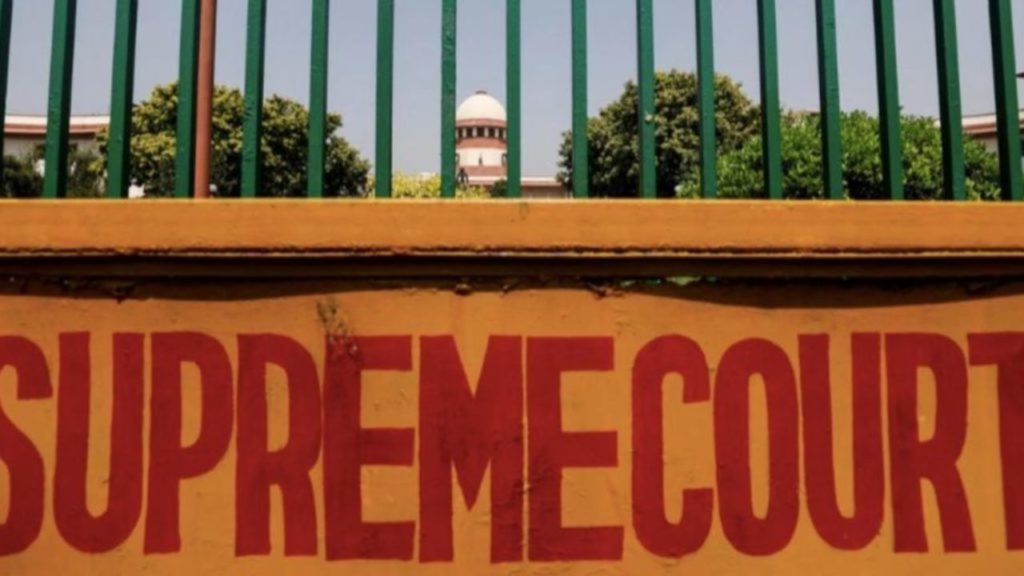Supreme Court Cancels Maratha Reservation In Govt Jobs, Admissions: What Does This Mean?

The Supreme Court today cancelled Maharashtra’s 2018 reservation policy for the Maratha community in government employment and educational institution. It surpassed the previous 50% limit.
The Move Violated Equality
The 16 per cent reservation introduced by the previous BJP government in Maharashtra violated equality, according to a five-judge bench investigating the constitutional validity of the change. Justices Ashok Bhushan, L Nageswara Rao, S Abdul Nazeer, Hemant Gupta, and S Ravindra Bhat made up the bench
“States have no power to add any caste to socially economically backward caste list due to the amendment made by parliament,” the Supreme Court observed. “States can only identify the castes and suggest to the Centre…Only President can add the caste to SEBC list guided by the National Backward Classes Commission.”
The constitution bench, however, stated that all admissions to post-graduate medical courses and appointments already made under the new quota law would be unaffected by its decision today.
The constitution bench also stated that there was no need to reconsider the Supreme Court’s 50% reservation limit imposed in the Mandal judgement in 1992.
The Socially And Educationally Backward Classes Act
The Maharashtra BJP government passed the Socially and Educationally Backward Classes (SEBC) Act in 2018, which gave the Maratha community a 16 per cent reservation.
The Bombay High Court upheld the quota in 2019 after hearing a petition that claimed the Maharashtra government’s decision amounted to “permanent crutches” for the Maratha community. Last year, the Supreme Court placed the Bombay High Court’s decision on hold.
The petitioners argued that the limit was unconstitutional because it increased the state’s overall reservation to over 50%. The Centre, which supports the Maratha quota, argues that states have the authority to grant reservations and that the decision is constitutional.
“If there is no 50 per cent or no limit, as you are suggesting, what is the concept of equality then. We will ultimately have to deal with it. What is your reflection on that…? What about the resultant inequality? How many generations will you continue?” In March this year, the bench told the Centre.

Comments are closed, but trackbacks and pingbacks are open.